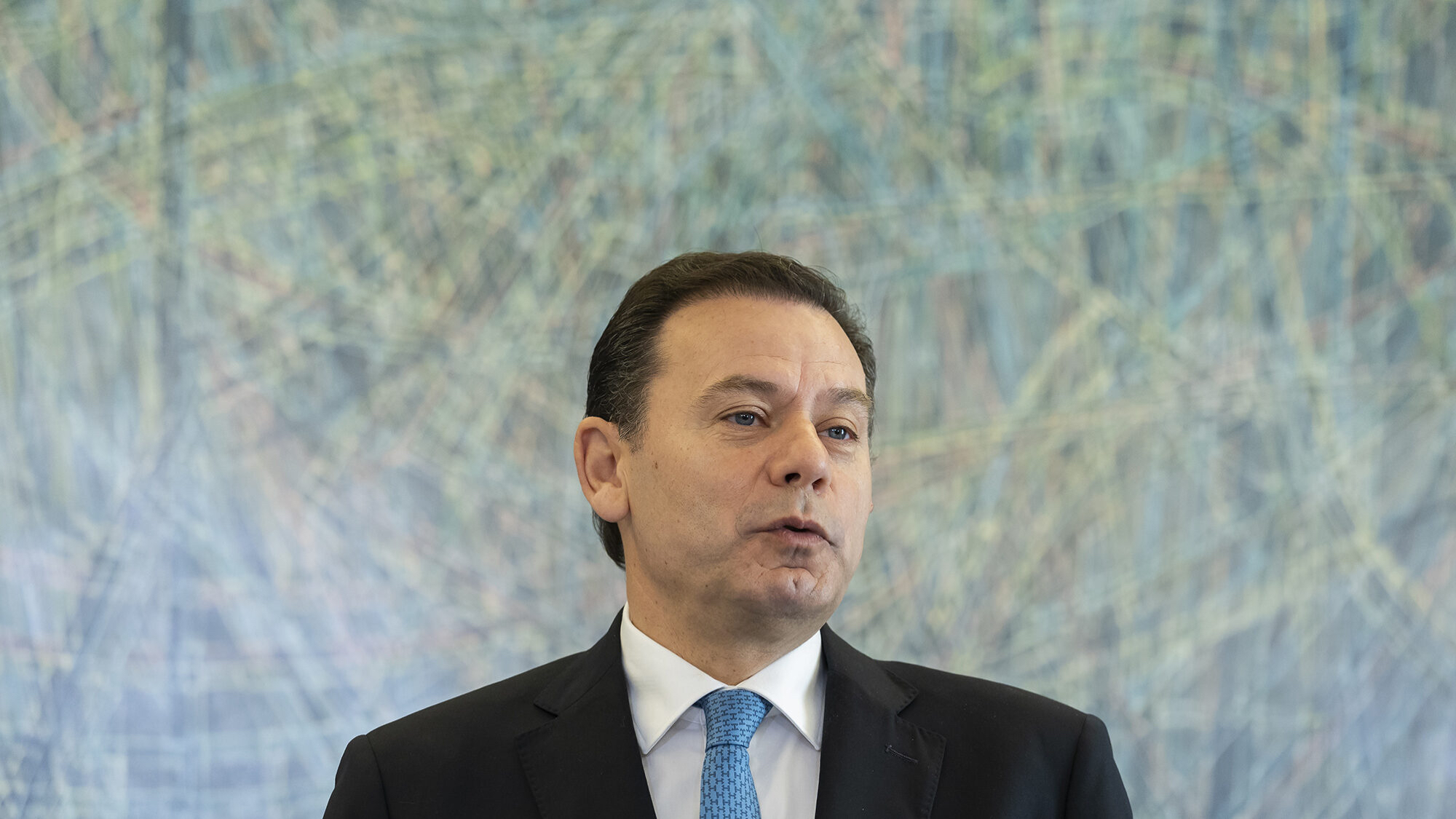President to start hearing parties on Tuesday about forming government
Marcelo Rebelo de Sousa will begin consultations with the political parties tomorrow. The PSD will be heard at 11 a.m. on Tuesday, the PS at 3 p.m. and Chega at 5 p.m.
The president of Portugal will begin hearing on Tuesday the political parties that obtained parliamentary representation in Sunday’s snap elections, with hearings with the PSD first, followed by the PS and Chega.
Following the elections to parliament held yesterday [Sunday], the president of Portugal, under the provisions of Article 187(1) of the Constitution, will begin consultations with the political parties tomorrow, Tuesday, taking into account the provisional results announced by the Ministry of Internal Administration, and without prejudice to the constituencies that have yet to be determined.
According to the same note, the PSD will be heard at 11 a.m. on Tuesday, the PS at 3 p.m. and Chega at 5 p.m.
The hearings of the remaining seven parties that obtained parliamentary representation — IL, Livre, PCP, CDS-PP, BE, PAN and JPP — have not yet been announced.
Under Article 187(1) of the Constitution, the prime minister is appointed by the president after consulting the parties represented in parliament and considering the election results.
The AD (PSD/CDS-PP) won Sunday’s early legislative elections with 32.10% of the votes and 86 MPs on the mainland and Madeira, plus 0.62% and three elected by the PSD/CDS-PP/PPM coalition in the Azores. Of these 89 elected members, 87 are from the PSD and two from the CDS-PP.
With the votes from the emigration constituencies still to be counted and the respective four seats to be allocated, the PS is the second most voted party, with 23.38% of the votes. It has elected 58 members of parliament, the same number as Chega, which has a lower number of votes, 22.56%.
According to the provisional results released by the General Secretariat of the Ministry of Internal Administration, IL follows in fourth place with 5.53% of the votes and nine deputies, followed by Livre with 4.2% and six elected representatives.
The CDU (PCP/PEV) obtained 3.03% of the votes and elected three MPs, all from the PCP. BE, with 2%, and PAN, with 1.36%, elected one MP each, as did the JPP, from Madeira, which obtained 0.34% of the votes nationally.
Eleven days ago, the head of state said he wanted to appoint a government with the certainty that its programme would be viable in parliament, which he considered “the fundamental issue”.
“The president is at liberty to appoint a government with the certainty that the government will not be rejected immediately. He is not at liberty to appoint it without that certainty,” Marcelo Rebelo de Sousa told journalists then.
The Constitution establishes that the Government Programme is submitted to parliament “within a maximum of ten days after its appointment” and any parliamentary group may “propose the rejection of the programme or the government may request the approval of a vote of confidence”.
A year ago, following the early legislative elections on 10 March, the president heard the parties and coalitions over nine days, starting with the PAN and ending with the AD (PSD/CDS-PP/PPM).
At the time, with the emigration results still pending, the PSD was tied with the PS in terms of seats. This situation remained unchanged after the distribution of those seats, but the CDS-PP gained two more elected members.
On 2 April, Marcelo Rebelo de Sousa swore in the PSD/CDS-PP minority government headed by Luís Montenegro, which fell in March this year when the PS, Chega rejected the motion of confidence it presented in parliament, BE, PCP, Livre and PAN during a political crisis that arose because of a family business owned by the prime minister.

